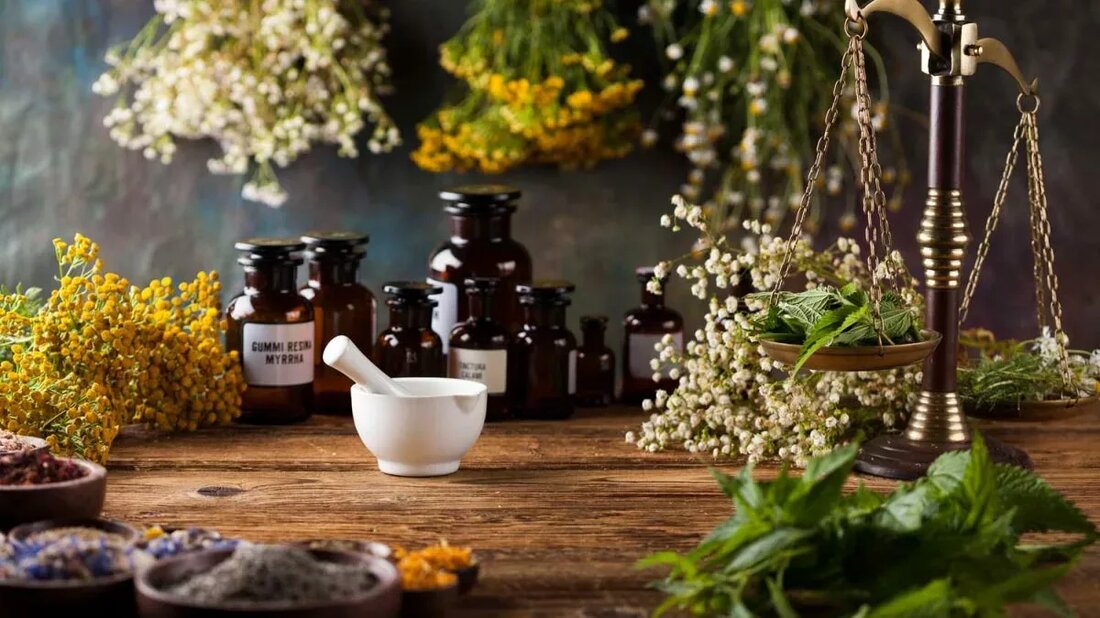Natural Remedies for Mild Depression
I recently gave a talk to a gathering of over 100 people about how to live happier, more fulfilling lives, and one of the questions that came up was about depression. Q. Should you seek medical help if you suffer from depression? A. Of course, if you feel like you are suffering from depression, you should definitely seek help. Often we don't know whether the cause of depression is clinical or environmental. If the cause is clinical, medical intervention is required. In some cases, an external factor such as loss of relationship, child,...

Natural Remedies for Mild Depression
I recently gave a talk to a gathering of over 100 people about how to live happier, more fulfilling lives, and one of the questions that came up was about depression.
Q. Should you seek medical help if you suffer from depression?
A. Of course, if you feel like you are suffering from depression, you should definitely seek help. Often we don't know whether the cause of depression is clinical or environmental. If the cause is clinical, medical intervention is required.
In some cases, an external factor such as loss of relationship, child, job or health can cause extreme sadness which, if not controlled in time, leads to depression. It is therefore imperative that we try to pull the person experiencing extreme pain/sadness out of their misery.
Living with a person going through depression can be very stressful, and often for self-preservation we tend to dismiss their feelings by trying to tell them to stop. For those of us who don't experience the same emotion, it's unfathomable how a person can be so down and not have fun in life. When such a situation arises, we need to adopt a caring attitude instead of becoming judgmental.
Often people become depressed because they blame themselves for a particular outcome. They feel that if they had done things differently, the particular outcome could have been avoided. Anger and guilt towards yourself lead to depression. In order to avoid this situation, it is important that we, those grieving, support the affected person as best we can.
An open ear and a supportive attitude work wonders.
Try and gently insist on some kind of physical exercise. It helps if you can accompany them on the exercise program. Long walks in nature are good for body and mind. Walk consciously and appreciatively. Try to get out of your mind and take a child for a walk like miracles. Look for butterflies and notice the smell in the air. Take a long, deep breath and thank your body for being alive. Regular exercise is one of the most effective and cost-effective ways to improve mood. Exercise, especially aerobic exercise, releases mood-enhancing chemicals in the brain and can reduce stress hormones. While one of the best ways to beat the blues is to take a brisk walk outside for at least 30 minutes every morning, five days a week, it's important that they choose something they enjoy and stick with, whether it's going to the gym, signing up for dance classes, playing tennis, or gardening.
The added benefit of morning walks is that they get enough sunlight, which has been shown to be effective for seasonal mood swings that occur in the darker winter months. Light in the morning helps the body's sleep-wake cycle function properly. The production of serotonin, a brain chemical that influences our mood, is activated by exposure to light in the morning.
Involve them in various activities; Take them out for light movies/comedies/concerts.
Add omega-3 fatty acids and St. John's Wort to your supplements. Omega-3 fatty acids are a type of good fat that is needed for normal brain function. Our bodies cannot produce omega-3 fatty acids on their own, so we have to get them through our diet. Studies have linked depression to low dietary intake of omega-3 fatty acids.
The herb St. John's wort (Hypericum perforatum) has long been used in folk medicine to treat sadness, worry, nervousness and sleep disorders. Today, results from over 20 clinical trials suggest that St. John's Wort works better than a placebo for mild to moderate depression and is as effective as antidepressants, with fewer side effects. Studies suggest that St. John's wort is not effective for severe depression. It is available in health food stores, drugstores and online in the form of capsules, tablets, liquid extracts or tea.
St. John's wort may take 4 to 6 weeks to notice the full effects. Side effects may include dizziness, dry mouth, indigestion and fatigue. St. John's wort increases sensitivity to light, so special care should be taken to protect the skin and eyes from sunlight. Although St. John's wort appears to be reasonably safe when taken alone, it may interfere with the effectiveness of prescription and over-the-counter medications such as antidepressants, drugs used to treat HIV infection and AIDS, drugs used to prevent organ rejection in transplant patients, and oral contraceptives.
St. John's wort is not recommended for pregnant or breastfeeding women, children, or people with bipolar disorder, liver or kidney disease. Magnesium and vitamin B6 are also natural mood enhancers.
Create an atmosphere of joy and happiness, but I understand that in some cases of extreme loss this may not be possible. What I recommend is gentle music and some type of aroma (lavender, jasmine, rose and clary sage have been shown to be beneficial) where they live. Certain musical frequencies, especially mantras, have a very uplifting effect.
Always remember that a person who is truly depressed needs to see a qualified person. These are just a few things we can do to help our loved ones get out of extreme sadness or pain caused by an external factor.
Love/Happiness/Happiness
Shveitta Sethi Sharma

 Suche
Suche
 Mein Konto
Mein Konto
